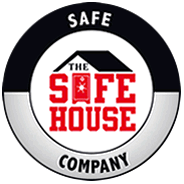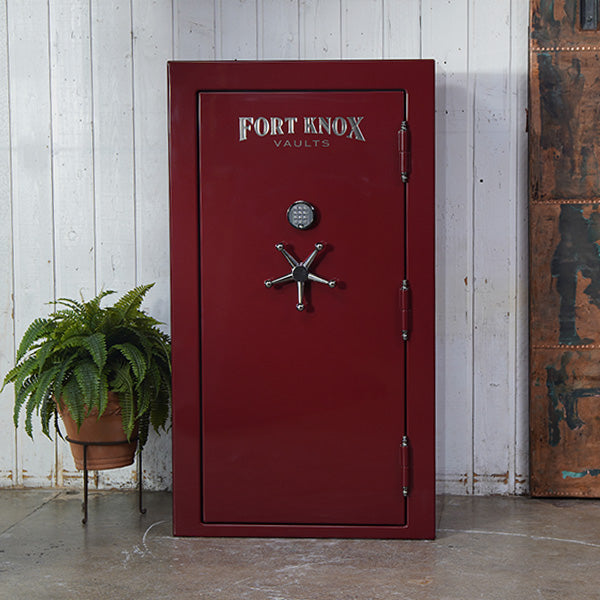One of the most common questions we hear at The Safe House is:
"Which lock is more secure—dial or electronic?"
It’s a fair question. After all, when you’re investing in a safe, you want to be sure it’s as secure as possible. But the answer might surprise you.
The Truth About Safe Locks
The short answer is: both lock types offer equal levels of core security.
Here’s why: regardless of whether your safe has a mechanical dial or a digital keypad, it’s protected by more than just the lock mechanism itself. These safes come equipped with secondary security systems—like internal and external relockers—that are designed to kick in if anyone tries to brute-force the lock.
So, even if a determined intruder attempted to drill, pry, or manipulate their way through the locking system, the relockers would activate and prevent access, often making it even harder to breach the safe.
What’s the Real Difference Then?
If both locks are just as secure, what should influence your choice?
Mechanical Dial Locks:
-
Tried-and-true technology.
-
No batteries or electronics—so no power worries.
-
Slightly slower to open, but highly reliable.
Electronic Keypad Locks:
-
Faster and easier to access.
-
Great for users who open their safe frequently.
-
Some models allow for multiple user codes or audit trails.
Choosing What’s Best for You
The choice between a dial or electronic lock often comes down to personal preference and convenience. If you value speed and modern features, go for an electronic keypad. If you’re more comfortable with a traditional setup and want to avoid battery maintenance, a mechanical dial might suit you better.
No matter what you choose, rest assured:
your safe is designed with multiple layers of protection that go beyond just the lock on the front.


